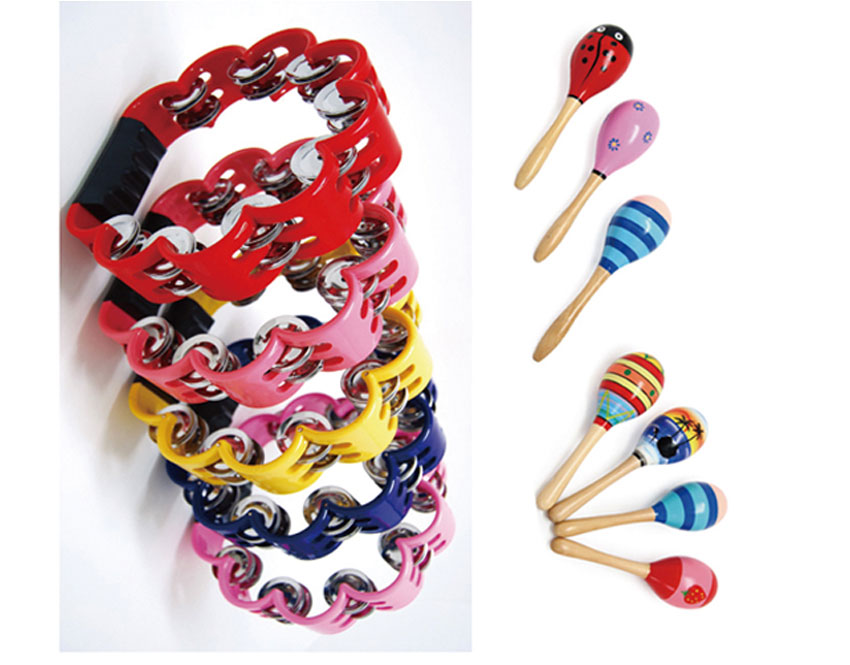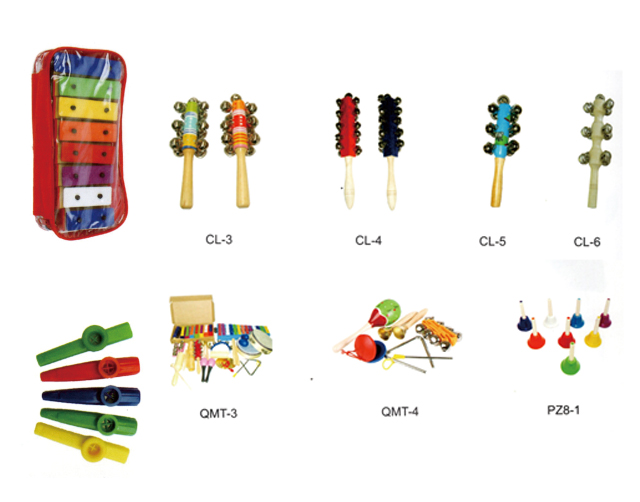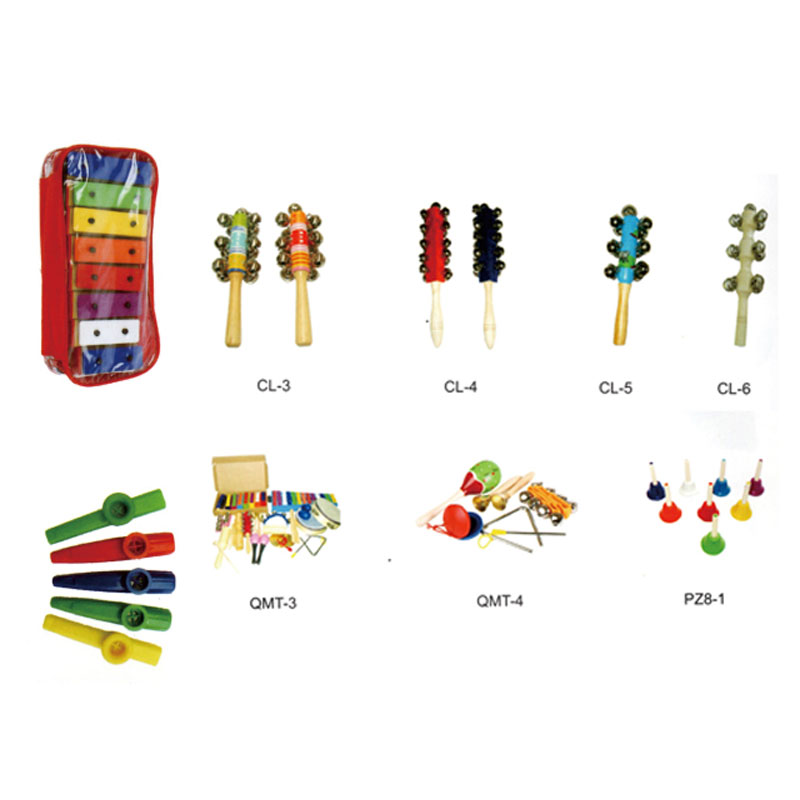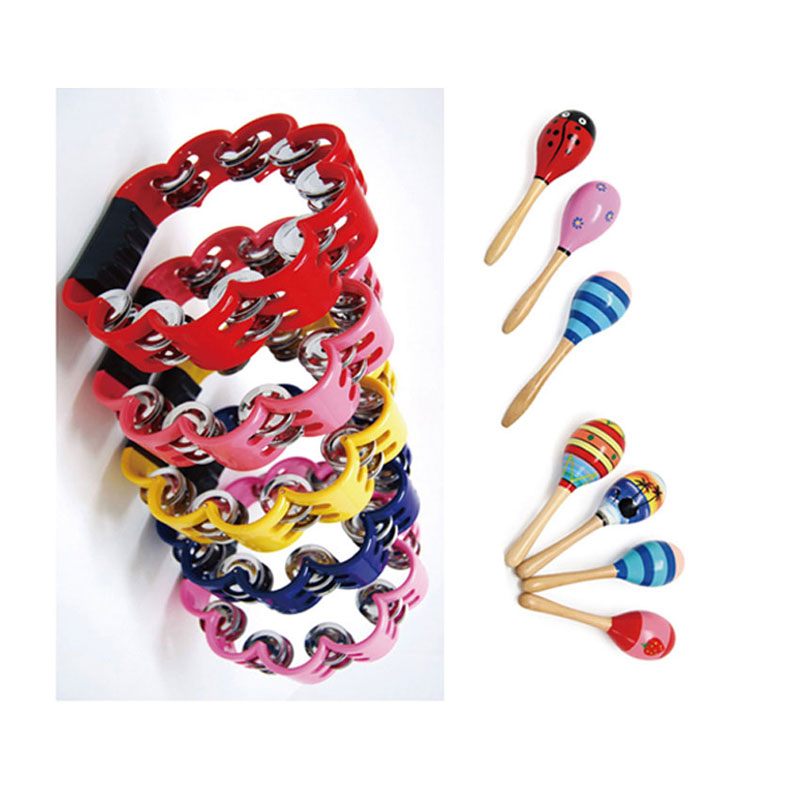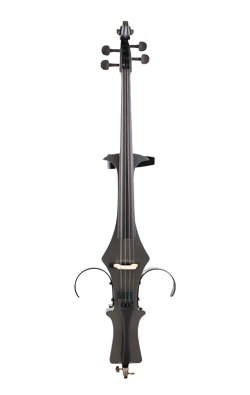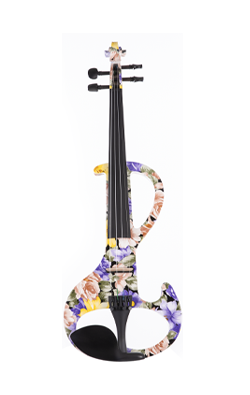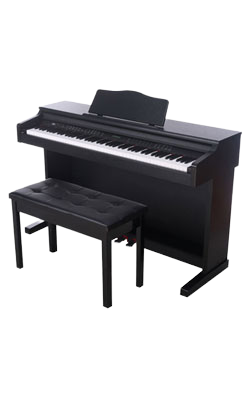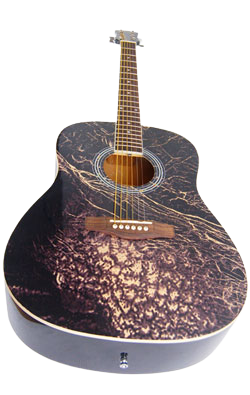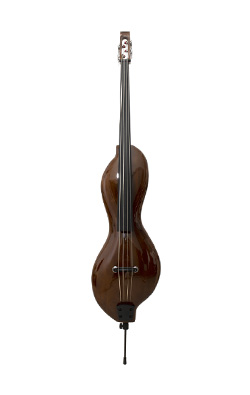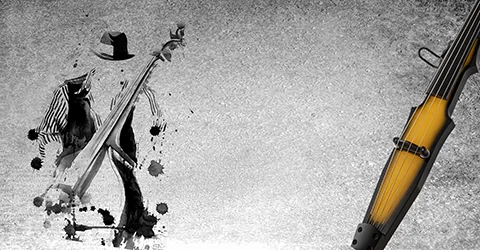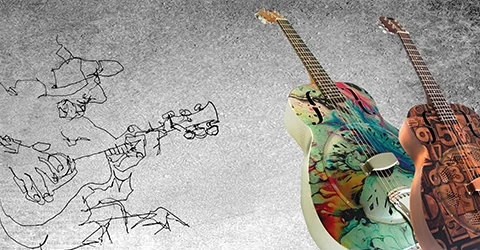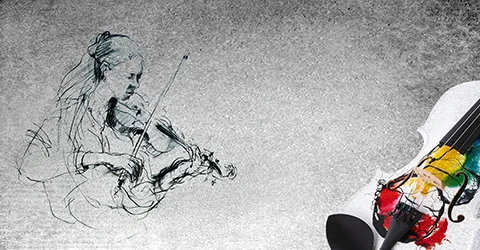Musical Instruments for Kids
Musical instruments for kids mainly include electronic organs, hand drums, piano, jazz drums, guitars, playing instruments, toy violin, and bell music. The functions of these instruments are relatively simple, and most of the instruments will have lights and music. It is suitable for the developmental needs of children.
Allowing children to touch musical instruments at a very young age is beneficial to children's intellectual development and can improve children's thinking ability. We can see that children who generally study music are very cheerful, lively and generous, and can promote themselves and express themselves. There are many introverted children who have improved their temperament after learning music, and they are very enthusiastic and generous in dealing with others.



